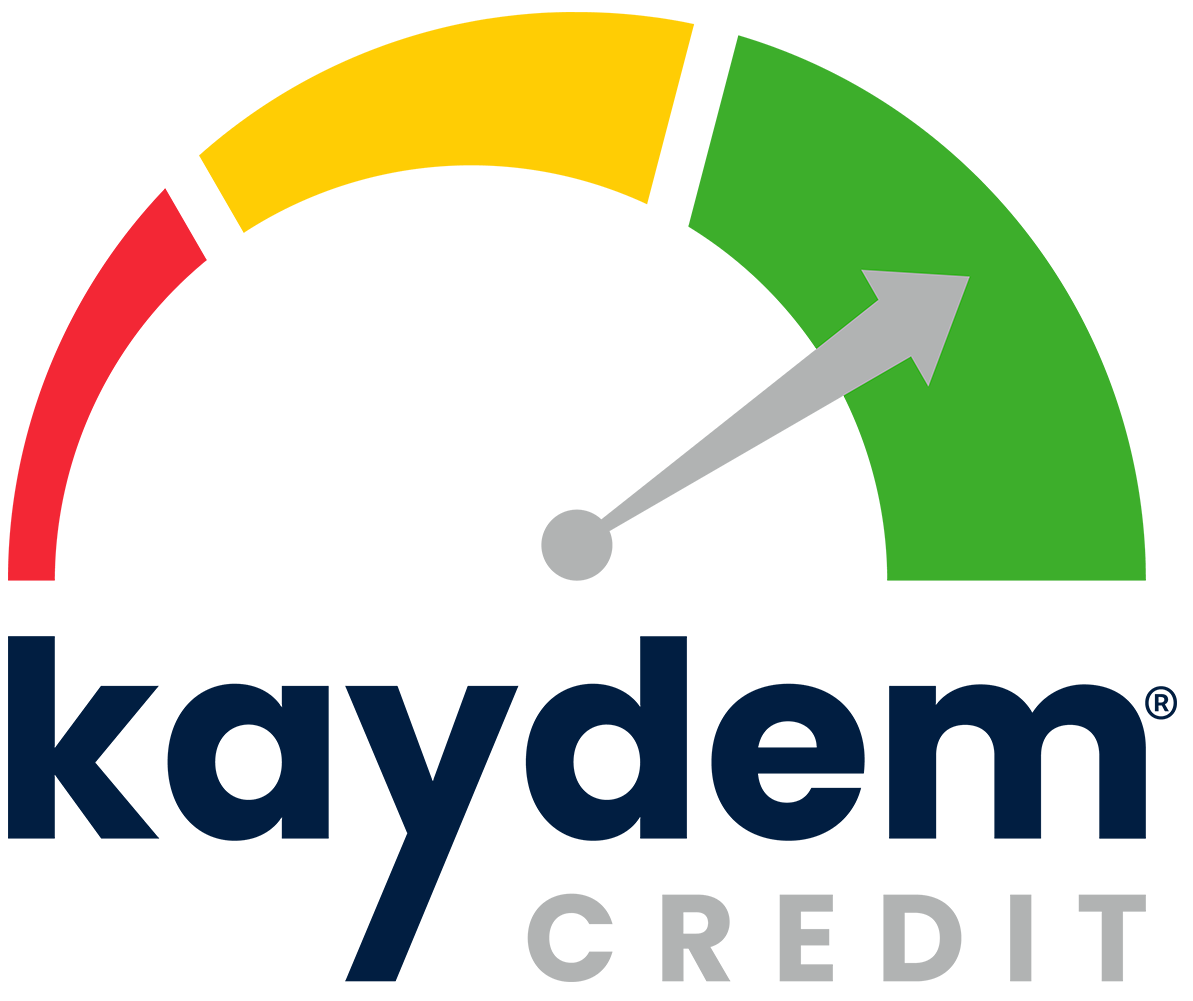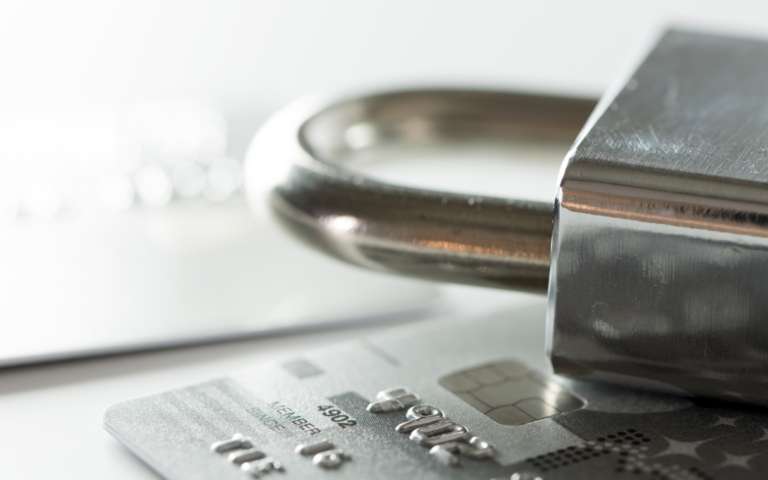As consumers, we are all entitled to accurate and fair reporting of our credit history by credit reporting agencies. The Fair Credit Reporting Act (FCRA) protects this right and outlines guidelines for how agencies should handle consumer credit information. Regrettably, numerous FCRA violations persist, resulting in inaccuracies on credit reports and potential repercussions for credit scores and financial prospects.
Understanding common examples of FCRA violations is crucial for protecting your credit and holding credit reporting agencies accountable. In this article, we will dive into the details of FCRA violations and provide practical tips for handling them.
Overview of FCRA
The Fair Credit Reporting Act (FCRA) is a federal law that governs how credit reporting agencies collect, use, and share consumer credit information. FCRA violations refer to any actions or practices that go against the regulations outlined in this act. These violations can occur at various stages of the credit reporting process, including data collection, reporting, investigation of consumer disputes, and more.
The consequences for violating the FCRA can be severe. Consumers have the right to take legal action against violators, seeking damages for financial harm and emotional distress. Regulatory agencies like the Consumer Financial Protection Bureau (CFPB) can also impose penalties such as fines and require changes to business practices. FCRA violations can also harm the reputation of credit reporting agencies, resulting in negative publicity and loss of consumer trust.
Credit reporting agencies play a crucial role in enforcing FCRA compliance by collecting and maintaining accurate credit information, investigating consumer disputes, and providing timely and accurate information to consumers. They are responsible for ensuring the accuracy of credit reports, conducting thorough investigations into consumer disputes, and giving consumers access to their credit reports for verification purposes.
Common Examples of FCRA Violations
Failure to Provide Accurate Information on Credit Reports
One example of an FCRA violation is when credit reporting agencies fail to provide accurate information on credit reports. This can include reporting inaccurate late payments or defaults that do not accurately reflect a consumer’s payment history. In addition, including outdated or incorrect personal information, such as an incorrect address or employment history, can be considered an FCRA violation.
Neglecting to Investigate Consumer Disputes
Another common FCRA violation occurs when credit reporting agencies neglect to investigate consumer disputes properly. This can happen when they ignore valid requests from consumers to investigate inaccurate information on their credit reports. Additionally, if errors are identified in the credit report as a result of a consumer dispute, but the credit reporting agency fails to correct those errors, it constitutes an FCRA violation.
Unauthorized Inquiries on Credit Reports
Unauthorized inquiries on credit reports are also a typical example of FCRA violations. This happens when entities, such as lenders or creditors, conduct a credit check without obtaining proper permission from the consumer. Conducting multiple unauthorized inquiries on a consumer’s credit report can negatively impact their credit score and is considered an FCRA violation.
Mishandling of Consumer Information
The mishandling of consumer information is yet another common type of FCRA violation. Credit reporting agencies have a responsibility to adequately protect sensitive consumer data. Failure to do so, such as inadequate security measures leading to a data breach, is considered an FCRA violation. Additionally, unauthorized sharing of consumer information with third parties without proper consent is also a violation of the FCRA.
How Credit Repair Companies Can Help Consumers
Credit repair companies can assist consumers by providing them with a clear understanding of their rights under the Fair Credit Reporting Act (FCRA). This involves educating consumers about what constitutes an FCRA violation and explaining the steps they can take to address these violations. By empowering consumers with knowledge about their rights, credit repair companies enable them to advocate for themselves effectively.
One of the key ways credit repair companies can help consumers with FCRA violations is by assisting them in disputing inaccurate information on their credit reports. These companies have expertise in identifying potential errors or discrepancies on credit reports and can guide consumers through the dispute process. They can help consumers gather the necessary documentation, draft dispute letters, and communicate effectively with credit reporting agencies to rectify the inaccuracies.
If a consumer encounters FCRA violations and needs to take further action, credit repair companies can guide on filing complaints with credit reporting agencies and regulatory bodies. They can help consumers navigate the appropriate channels and ensure that complaints are filed correctly and within the prescribed time frames. This assistance can be invaluable, as credit repair companies are familiar with the procedures and requirements involved in filing complaints related to FCRA violations.
Credit repair companies can play a crucial role in helping consumers address FCRA violations. They can educate consumers about their rights under the FCRA, assist them in disputing inaccurate information on their credit reports, and guide them through the process of filing complaints with credit reporting agencies and regulatory bodies. By leveraging their expertise, credit repair companies can empower consumers in resolving FCRA violations and working towards fair and accurate credit reporting.
Kaydem Credit Help: Your Partner in Resolving FCRA Violations
Understanding FCRA violations is crucial for anyone seeking to improve their credit score. Whether you have personally encountered a violation or are seeking to protect your credit, knowledge is key. By familiarizing yourself with common instances such as misinformation and neglecting to investigate conflicts, you can enhance your personal protection and effectively respond when needed.
Remember, the FCRA exists to protect consumers from unfair credit reporting practices, so do not hesitate to reach out to a credit repair company, like Kaydem Credit Help, if you suspect a violation has occurred. With our help, you can get your credit back on track and achieve your financial goals.







